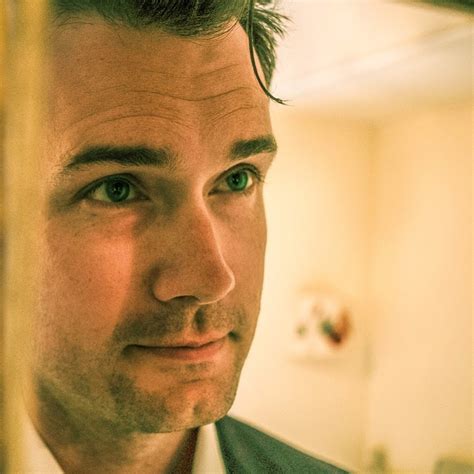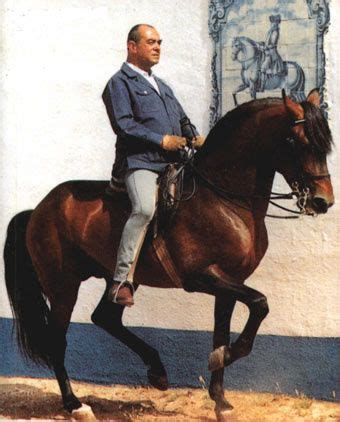A Quote by Benjamin Spock
Every child senses, with all the horse sense that's in him, that any parent is angry inside when children misbehave and they dread more the anger that is rarely or never expressed openly, wondering how awful it might be.
Related Quotes
The traditional paradigm of parenting has been very hierarchical, the parent knows best and very top down. Conscious parenting topples [this paradigm] on its head and creates this mutuality, this circularity where both parent and child serve each other and where in fact, perhaps, the child could be even more of a guru for the parent .... teaching the parent how the parent needs to grow, teaching the parent how to enter the present moment like only children know how to do.
The parent who loves his child dearly but asks for nothing in return might qualify as a saint, but he will not qualify as a parent. For a child who can claim love without meeting any of the obligations of love will be a self-centered child and many such children have grown up in our time to become petulant lovers and sullen marriage partners because the promise of unconditional love has not been fulfilled.
A conscious parent is not one who seeks to fix her child or seek to produce or create the 'perfect' child. This is not about perfection. The conscious parent understands that is journey has been undertaken, this child has been called forth to 'raise the parent' itself. To show the parent where the parent has yet to grow. This is why we call our children into our lives.
Time does not really exist for mothers, with regard to their children. It does not matter greatly how old the child is-in the blink of an eye, a mother can see the child again as they were when they were born, when they learned how to walk, as they were at any age-at any time, even when the child is fully grown or a parent themselves.
If every parent understood the huge educational benefits and intense happiness brought about by reading aloud to their children, and if every parent- and every adult caring for a child-read aloud a minimum of three stories a day to the children in our lives, we could probably wipe out illiteracy within one generation.
Without a sense of the shame or guilt of his or her action, the child will only be hardened in rebellion by physical punishment. Shame (and praise) help the child to internalize the parent's judgment. It impresses upon the child that the parent is not only more powerful but also right. Like the Puritans, Locke (in 1690), wanted the child to adopt the parent's moral position, rather than simply bow to superior strength or social pressure.




































